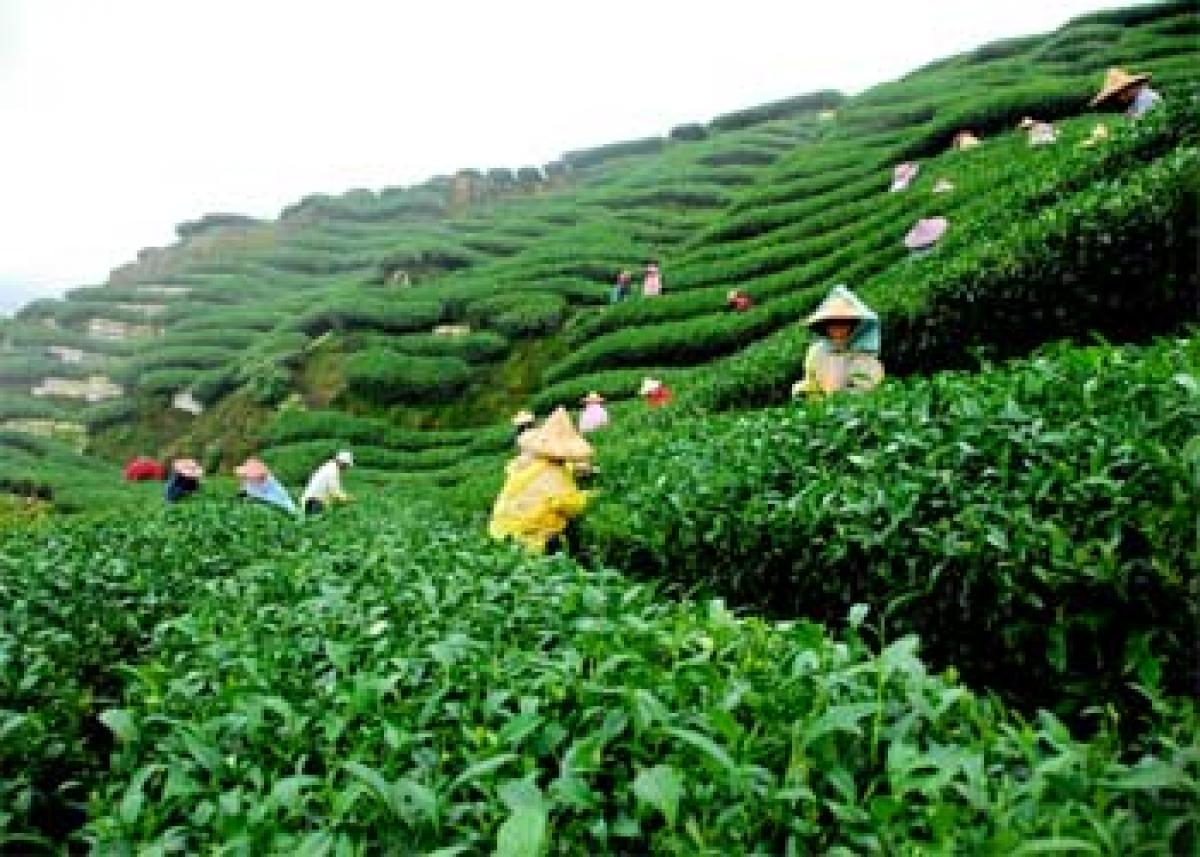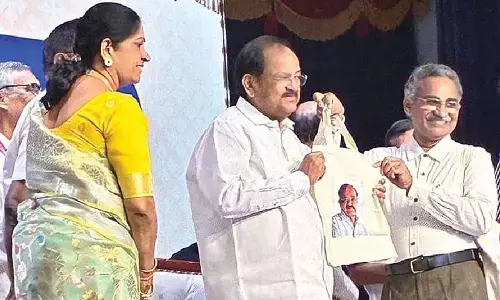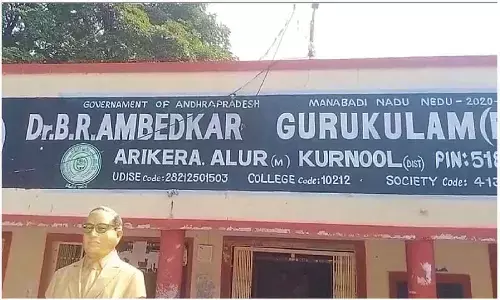Up in arms over tea auction

Up in arms over tea auction. Small tea manufacturers, who do not own plantations but buy green leaves, process them and sell them to blenders, are irked by a recent Union Commerce Ministry order directing them to hold auctions for 70 percent of their produce.
 Small tea manufacturers, who do not own plantations but buy green leaves, process them and sell them to blenders, are irked by a recent Union Commerce Ministry order directing them to hold auctions for 70 percent of their produce.
Small tea manufacturers, who do not own plantations but buy green leaves, process them and sell them to blenders, are irked by a recent Union Commerce Ministry order directing them to hold auctions for 70 percent of their produce.
Technically called bought leaf factories, which position themselves between the garden owners and the packagers and blenders, such manufacturers feel this order will not only pull down tea prices but also entail additional burden in the form of sale against credit.
"This order will not only disrupt our direct sales channels which we have built over the years but also lead to a fall in revenue," Sanjay Dhanuti, president of the North Bengal Tea Producers Association, a body of such factories, said.
Dhanuti said this industry majorly operates on a credit-based policy and allows up to four months of delayed payments to buyers, who are mostly medium-smaller players and unable to participate in the auctions.
Bought leaf factories number around 140 in North Bengal's Terai region and a substantial addition in Assam. The commerce ministry's missive that concerns them is in the Tea (Marketing) Control Amendment Order, 2015.
Those who support this practice say the bulk of the sales of processed tea is via auctions. For factories in Nilgiris and Coonoor hills of Tamil Nadu as also in Kangra Valley in Himachal Pradesh the bulk of the sales of processed tea is via auctions.
It is only in Assam and West Bengal's Terai region, where direct sales dominate. "In the Conoor and Nilgiri region, bought leaf factories are already selling 95 percent of the produce through auctions.
So the government's mandate will not have much of an impact", Ramesh G., president of The Coonoor Tea Trade Association, told this correspondent on Monday. Similarly, in Kangra Valley, selling through auctions accounts for 90 percent of the output from these factories.
"Hence the 70 percent compulsory mandate will not torment this industry in our area," said Abhai Singh, owner of Manjhee Valley Tea in Kangra valley. But the local representative associations in Assam and North Bengal's Terai have written to the union commerce ministry, seeking to articulate their concerns.
He said this industry operates majorly on a credit-based policy and allows up to four months of credit to the buyers (mostly medium-smaller players) who are unable to participate in the auctions.
They maintain that auction houses in other areas like Siliguri, Kolkata and Guwahati, like other auction centres in India, operate purely on a cash-based policy where buyers or blenders have to first clear the payment before lifting the purchase.
But in their case, a higher credit period necessarily implies higher selling price for the bought leaf factory owners as it involves greater risk in transactions. Dhanuti reasoned that even as direct selling fetches more money, the auction route will lower their revenues.
"Our units also don't have proper warehouses to store the processed tea during auctions." Also, as per industry estimates, up to 45 percent of the volume put up for auctions is not sold. This apart, the Assam market is also swarming with middlemen.
"Since transportation and access to markets are biggest problems for green leaf producers, they have to rely on middlemen to sell to bought leaf factories," said D.N. Boruah, managing director of Lankashi Tea and Seed Estate and a committee member of Assam Tea Planters Association.
He said these middlemen were making the most out of the prevailing situation which is inflating the prices. Accordingly, the bought leaf factories are resorting to direct sales to partly make up for the higher purchase cost.
In this backdrop, a large proportion of blenders, packagers and marketeers also prefer direct buying at higher pre-agreed prices as they are unable to compete in cash-based auction houses. "The order will upset the industry.
Small buyers can't compete against big players in the auction market. They will be hit badly," said Piyush Desai, chairman and managing director of Wagh-Bakri - a branded tea seller.
But other stakeholders in the industry appreciate the government's move. They said selling via auctions ensures both transparency and fair pricing. "Selling prices will be available publicly and it will remove dubiousness from direct selling," said Ramesh G. from Connor.
Bijoygopal Chakraborty, national president of the Confederation of Indian Small Tea Grower's Association, even wanted action against errant factories."These factories, although mandated to sell 70 percent of their output in auctions, are actually flouting the directives. Steps should be taken to make them adhere to the directive that ensures transparency in the system."
By Avishek Rakshit











